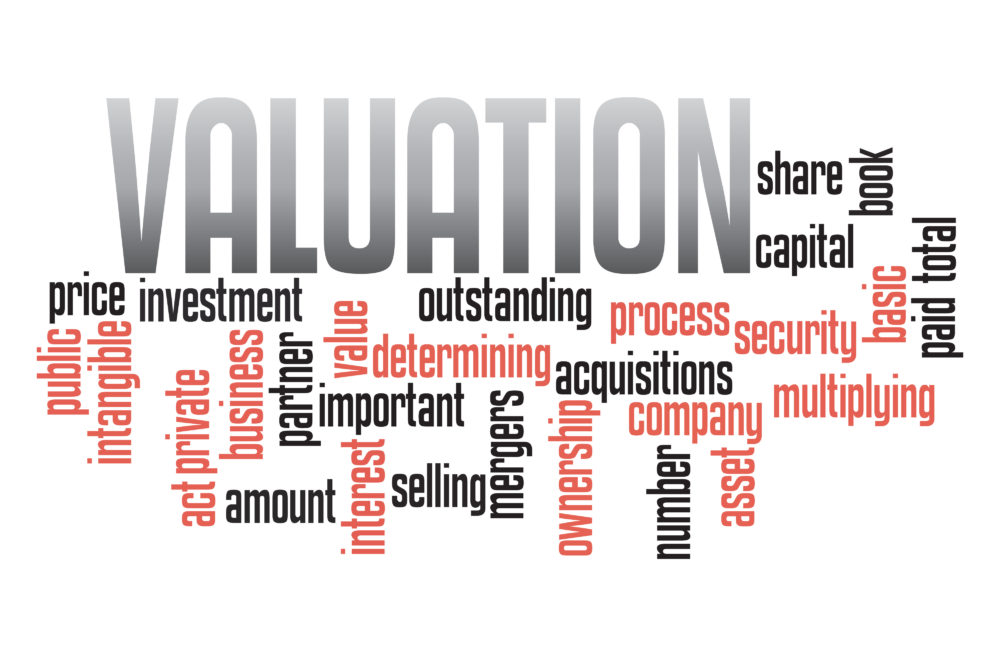Many entrepreneurs dream of starting their own business and carving out a niche in the world of commerce. Undeterred by the prospect of fighting for funding and round-the-clock -responsibilities, these are often people who can cope with the uncertainty, high risk and long hours associated with launching a start-up.
However, there is an alternative path to business ownership where these and other challenges are rather less onerous.
Buy an established business and you can enjoy the following benefits.
Easier to secure financing
If you want a start a business from scratch then banks will take a lot of convincing – and with good reason. While the failure rate is often exaggerated, research by commercial insurer RSA suggests that more than half of businesses fail to survive their first five years of existence.
Small wonder then that banks are so concerned about the risk that start-ups will default on their loan.
For lenders, there is much less risk attached to the purchase of an established company, where projections are based on historic trading figures rather than an abstract business plan. The business is already generating profit from which loan repayments can be made.
A business that has traded profitably for several years can automatically answer many of the searching questions a lender might put to a loan applicant who is equipped only with a business plan and a grand idea.
Preoccupied above all else with risk, banks are therefore much more likely to lend money for the acquisition of an existing business.
Reduced risk
Buying and running a long-established enterprise carries considerably less financial risk – both for those funding the purchase and, of course, you, the buyer.
Few entrepreneurs can start or buy a business without putting down some of their own cash. Buy a business and you can have greater reassurance that your savings or redundancy payoff will not be squandered.
Instant income
For the same reason – that the business is already generating revenues – a business buyer can expect an income from day one.
In addition, there are no start-up costs to cover – such as buying equipment, fixtures and fittings, initial stock, licences and legal fees, as well as the cost of recruiting and training staff.
Start-ups, by contrast, can operate for several months or even a year or two before a regular, reliable income base is established. Even then, it could take many years to achieve the level of recurring revenue that an established business might offer (although that of course depends on the age and status of the acquisition in question).
Established brand
Building brand awareness from ground zero is hard enough; doing it alongside the other myriad jobs involved in getting a business off the ground – securing and equipping premises, recruiting and training staff and so forth – is tougher still.
Happily, buy an existing business with a successful track record and you will have to worry about none of the above, with the brand name and logo, perhaps with patents and trademarks, already in place. Customers and some prospective customers alike will already be aware of your brand (although perceptions can be negative too – so choose your business wisely!).
Unsurprisingly, representing a respected and trusted brand makes relations with customers, suppliers, banks and others much more straightforward from the outset. Everyone knows what to expect when trading follows a tried-and-trusted pattern.
Focusing on growth
Buy an established business and you clearly lack neither ambition nor entrepreneurial spirit. With the basic building blocks in place – fitted-out premises, staff, customers and so on – you can devote your energies to taking the business to the next level.
This means identifying efficiencies, boosting productivity and enhancing service delivery in order to boost sales and recurring revenues.
Greater scope for investment
Without substantial external investment start-ups have limited funds to invest in physical and human assets. If you take over a going concern, by contrast, you’ll hopefully have sufficient margins to be able to reinvest a portion of your profits back into the business to drive further growth.
Experienced team
Like much else in a newly launched business, building a team of competent, forward-thinking people takes a lot of time and effort. Thankfully, a wisely chosen up-and-running enterprise generally comes with an experienced, fully trained team in place.
A shrewd new owner will resist the temptation to make sweeping changes for change’s sake to reassure staff that what they enjoy about their job will continue. Only after becoming accustomed to the business should you finesse operations to make their jobs even more rewarding and the business more effective.
And an experienced team already in situ is used to running things even when the boss is away. So that means you can take holidays pretty soon after acquisition – a luxury few start-up founders would dare indulge in.
Manageable workload
Building a business and brand from nothing, there’s no doubting how profoundly rewarding a start-up can be. However, it tends to require a 24/7 commitment for at least a year or two until you can afford to hire staff to share the burden.
Of course, acquiring and guiding a thriving company takes energy too, but your workload will likely be more manageable and your work/life balance superior. You will hopefully inherit an experienced team and the outgoing owner may even agree to stay on for a transition period following the sale.
There will always be those who prefer the challenge of creating a brand from scratch and the buzz of seeing their plans take off – if indeed they do take off.
And that in a nutshell is why so many opt instead to buy a going concern: a greater chance of success.
Jo Thornley is head of brand and partnerships at Dynamis.
Joining in 2005 to co-ordinate PR and communications and produce editorial across all business brands, she earned her spurs managing the communications strategy and now creates and develops partnerships between BusinessesForSale.com, FranchiseSales.com and PropertySales.com and like-minded companies.





